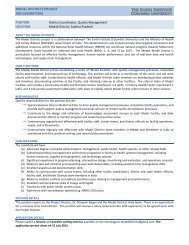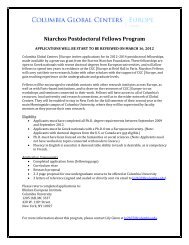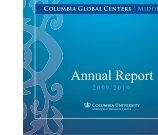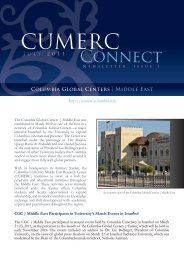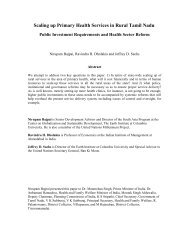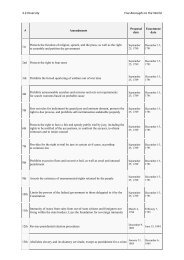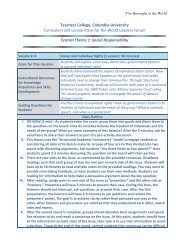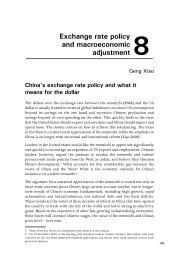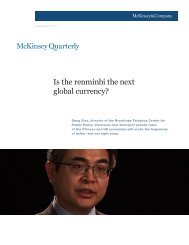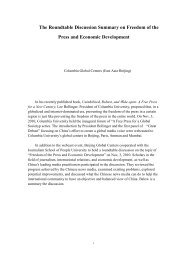Annual Report 2010 | 2011 - Columbia Global Centers
Annual Report 2010 | 2011 - Columbia Global Centers
Annual Report 2010 | 2011 - Columbia Global Centers
You also want an ePaper? Increase the reach of your titles
YUMPU automatically turns print PDFs into web optimized ePapers that Google loves.
an from May 29 until July 30 allowed 16 undergraduate students, from <strong>Columbia</strong> University and other U.S.<br />
universities, to strengthen their skills in Modern Standard Arabic and Colloquial Levantine Arabic. Students<br />
studied at CUMERC, and also had opportunities to improve language skills and learn about Jordanian society<br />
through cultural activities, volunteering and travel, coordinated by the Center. The program will likely be<br />
expanded next year to include a larger pool of students, and will also offer them the choice of staying with a<br />
host family. On the longer-term, the Center is looking into expanding the program into a semester or a year<br />
abroad program.<br />
Students during the Summer Design Workshop<br />
<strong>Columbia</strong> undergraduates in Amman during Summer Arabic<br />
Language Program<br />
Summer Design Workshop – The Amman Lab Summer Design Workshop <strong>2011</strong> was held from July 10 until<br />
July 24 in collaboration with the Graduate School of Architecture, Planning, and Preservation (GSAPP), and<br />
paired students and faculty from GSAPP with academic partners in Jordan (German Jordanian University<br />
and The University of Jordan), Lebanon (American University of Beirut), and Turkey (Bilgi University). The<br />
three-week workshop enabled students from these different academic and cultural contexts to visit Amman and<br />
engage in collaborative studio and fieldwork, while expanding their understanding of design issues through<br />
research, experimentation, discussion and feedback. Students’ proposals investigated issues of response in<br />
public space, and were unveiled to leading architects and urban planners on July 22 upon completion of the<br />
program. To initiate the workshop, the Center held a conference on July 10 that brought together a wide<br />
range of leading architects, officials and scholars to address the impact of public space.<br />
Executive Education and Capacity Building Programs<br />
The Center has invested in planning and conducting executive education and capacity building programs, which are<br />
offered in concert with <strong>Columbia</strong> University, and are largely developed and designed by the faculty at <strong>Columbia</strong>’s<br />
various schools. Existing and planned offerings includes:<br />
Conflict Resolution – In January, two workshops on “Tools for Managing Conflict in Schools” were offered by<br />
the School of Continuing Education (SCE) through CUMERC to public and private school teachers under<br />
the umbrella of the Queen Rania Teacher Academy (QRTA). The workshops, led by Professor Beth Fisher-<br />
Yoshida, Director of the Master of Science in Negotiation and Conflict Resolution Program at <strong>Columbia</strong>’s<br />
School of Continuing Education, focused on providing teachers with conflict resolution techniques and<br />
encouraged the creation of an environment that fosters better management of conflicts by students and<br />
teachers within the school community.<br />
37



